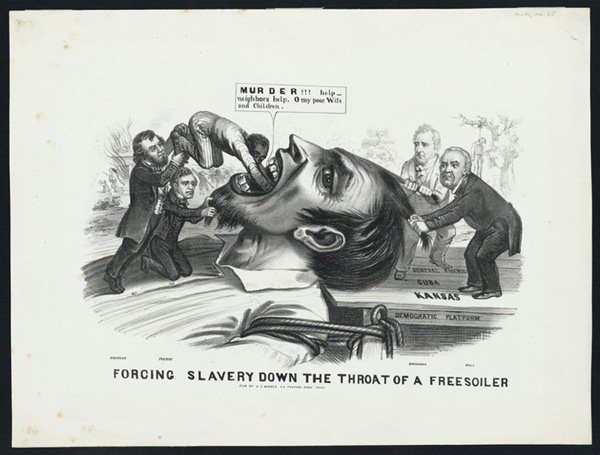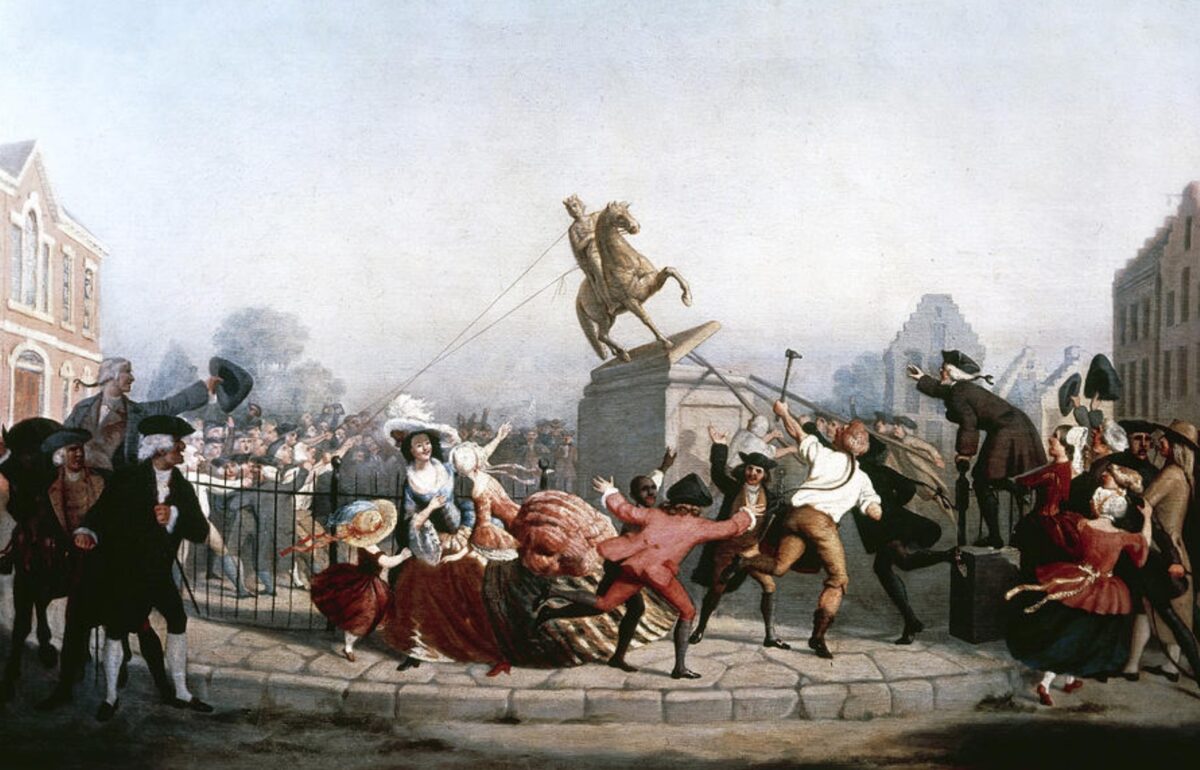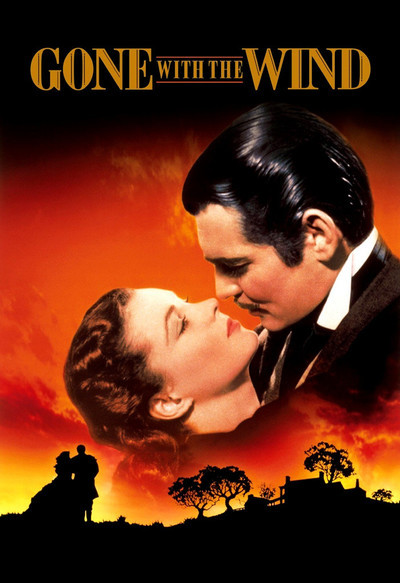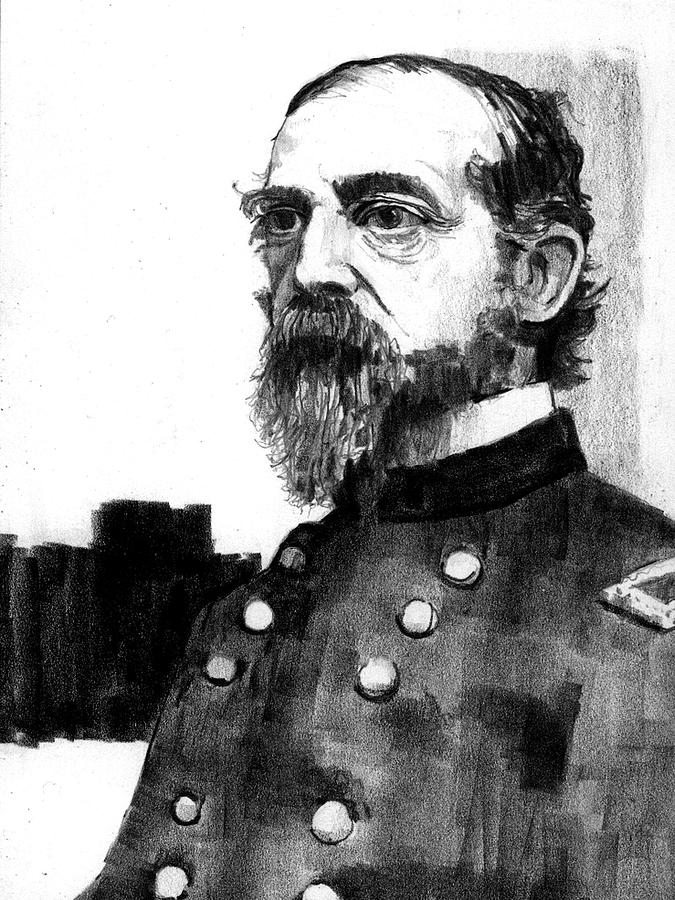Blog #133 – Was the Civil War Inevitable?
It’s easy to look back from the vantage point of 150 years ago and say that the Civil War was inevitable. That there was no denying that a clash over slavery would eventually occur, that the compromises would only last so long or work so well until something else came up to shatter the delicate balance that the Northern and Southern states tried to perpetuate.
And looking back over the past ten to 15 years before the war began, events like the Wilmot Proviso, the Mexican War, Uncle Tom’s Cabin, the new Fugitive Slave Law, Kansas-Nebraska Act, the Dred Scott decision, and John Brown’s raid on Harpers Ferry all take on additional significance because with the aid of time, historians can look back and see which events were more pivotal and which ones weren’t.
And the last year before the war, 1860, so many things had to click into place for the war to happen. What if Lincoln wasn’t nominated or hadn’t won? What if there was only John Bell or Stephen Douglas to win votes in the South instead of splitting up those Union votes in many parts of the South? Could the election have gone to the House of Representatives if Lincoln hadn’t won the majority of the electoral votes, and what would have happened?
Other questions abound when I think of the last year and a half before the war – What if the Charleston Mercury editorial hadn’t been printed? What if President Buchanan had been stronger in resisting the secession of the first seven states? He tried to resupply Fort Sumter in January 1861 but the ship was fired upon and returned to Washington w/o resupplying Major Robert Anderson and his men at the South Carolina fort. Buchanan didn’t think he had the power to stop the states from seceding, but he said it was unconstitutional. Or was Buchanan just leaving the job to Abe Lincoln?

Check out this chronology here – https://www.historians.org/teaching-and-learning/teaching-resources-for-historians/sixteen-months-to-sumter/chronology
Did the Southern states actually have to leave or could they have done something else beginning in December 1860? They must have felt that working within the system of the established Constitution was not working even though that document guarantees slavery. The election of Lincoln had additional significance for these Deep South states b/c not all slave states left the Union right away (Missouri, Kentucky, Maryland and Delaware stayed, and North Carolina, Virginia, Arkansas and Tennessee left ONLY after Lincoln called for troops when Fort Sumter was bombed). Were these Deep South states trying to resist Lincoln or were the resisting his party’s anti-slavery platform? He was the first president elected since John Quincy Adams in 1824 that was avowedly not a Southerner or a Northerner soft of slavery, so he must have been perceived as some kind of threat. Another thing people should take into consideration is that the Republicans, after Lincoln was elected, would be in charge of appointing almost 1,000 governmental jobs, including marshals, post masters, and others that had been appointed for the past 8 years under the Pierce and Buchanan administrations.

I know there are a lot of questions here that I’ve raised, and that’s b/c I wanted you to think about the inevitability of this whole stream of events that led to the bombing of Fort Sumter. Please answer the following two questions:
1. Was there ONE thing in the time period (1846-1861) that you think impacted the start of the war more than any other event or thing? Why?
2. Which event or action in the last 16 months (1860 – 61) had the greatest impact on starting the war? Why? Did this event make the Civil War inevitable or not? Why?











 wanted to end the war w/o ending slavery, but McClellan publicly contradicted them by saying he would push for peace through victory – read, war! Lincoln’s party flirted w/ picking another candidate but never really did that, and by putting Tennessean Andrew Johnson on the ticket as his V.P., Lincoln was trying to be the “Union” candidate. Luckily for Lincoln (and the country), Union general William T. Sherman captured the pivotal Confederate city of Atlanta in September, and the hits just kept coming. In October, Union General Sheridan defeated the Confederate army in the Shenandoah Valley. 78% of the Union soldiers voted for Lincoln and only 29% of McClellan’s former army, the Army of the Potomac, voted for their old boss. Lincoln swept up the electoral college 212 to 21 as well. This was the final turning point of the war b/c the end of slavery and the Confederacy appeared just to be a matter of time. Lincoln planned on having a forgiving Reconstruction policy as exemplified in his 2nd Inaugural address (
wanted to end the war w/o ending slavery, but McClellan publicly contradicted them by saying he would push for peace through victory – read, war! Lincoln’s party flirted w/ picking another candidate but never really did that, and by putting Tennessean Andrew Johnson on the ticket as his V.P., Lincoln was trying to be the “Union” candidate. Luckily for Lincoln (and the country), Union general William T. Sherman captured the pivotal Confederate city of Atlanta in September, and the hits just kept coming. In October, Union General Sheridan defeated the Confederate army in the Shenandoah Valley. 78% of the Union soldiers voted for Lincoln and only 29% of McClellan’s former army, the Army of the Potomac, voted for their old boss. Lincoln swept up the electoral college 212 to 21 as well. This was the final turning point of the war b/c the end of slavery and the Confederacy appeared just to be a matter of time. Lincoln planned on having a forgiving Reconstruction policy as exemplified in his 2nd Inaugural address (